The regulators are perhaps perturbed at the decline in admissions and to boost the admissions, a radical decision to make engineering open to all irrespective of the prior knowledge of science and mathematics at senior secondary levels has been taken.
The recent pronouncement of AICTE on admissions in colleges of engineering and technology without Physics, Chemistry, and Mathematics is nothing short of a recipe to disaster for technical education and that too at a time when science, engineering, and technology are the drivers of growth and advancement of nations economy and a powerful means for improving both the livelihood as well as the wellbeing of the people at large.
Also Read: Educational Supremacy in ‘Vishwaguru’ India: A Long Way to Go
The regulators of technical education in India are perhaps perturbed at the decline in admissions in engineering colleges around the country and in their desire to boost the admissions alone that a decision so radical as to make engineering and technology courses open to one and all irrespective of the prior knowledge of science and mathematics at senior secondary levels has been taken.
Also Read: How Feasible is Imparting Engineering Education in Vernacular Languages?
This is not the way to save technical education in the country nor is good for the future of those entering engineering without a strong foundation of science. If not checked it shall further multiply the heaps of unemployed engineering graduates in India, that we can no longer afford. Better to close such poor-quality colleges and save technical education and its credibility.
Better to close such poor-quality colleges and save technical education and its credibility.
During my days as the Vice-Chancellor of RGPV Bhopal in the early years of the 21st Century, I repeatedly suggested that all those Engineering colleges where first-year results are less than 50 percent, the increase in intake or addition of new courses should not be allowed. But under the disguise of massification of technical education, new colleges and additional intake and additional courses in poor quality engineering colleges were sanctioned. The net result has been mushrooming of Engineering and Pharmacy colleges around the country. So long as increasing GER remains the sole goal, the quality of education shall continue to suffer. We need to consciously understand that it is not the degree but the capabilities and skills that matter most. The way to boost GER is not to push a large population of youth to get a degree of any quality but to make them capable and skilled. As we move forward in the world of work dominated by a technology-intensive work environment the capabilities, competence, and character skills will matter most. The regulators of technical education are to cater to this need rather than filling the vacant seats by anyone with whatever schooling to take admissions in engineering colleges.
So long as increasing GER remains as a sole goal the quality of education shall continue to suffer. We need to consciously understand that it is not the degree but the capabilities and skills that matter most.
May be, it is forgotten that engineering and technology thrive on the foundation of science and the analytical mind created through the pursuit of mathematics. Diluting the science and mathematics base of engineering would destroy whatever little quality of engineering education we have in a country of 1.35 plus billion people in India. This will also cause the ripples of disaster in nations around the globe as India is a recognized feeder for higher education in engineering and technology postgraduate courses in many great universities in advanced countries.
Diluting the science and mathematics base of engineering would destroy whatever little quality of engineering education we have in a country of 1.35 plus billion people in India.
In an age that needs a scientific mind capable of deep analytics for sustaining the growth of new and advanced technologies, we in India are planning to give a death below to engineering and technology education, despite the fact that India rose to great eminence in science and technology on the prowess of science and technology education in colleges of engineering and technology and institutions of higher learning in India.
Also Read: Scrutinizing the appointment of Vice-Chancellors
While I fully acknowledge the all-pervasive nature of science and technology right from higher-end research houses to the kitchens in the households, I see no tangible reason to destroy the niche advantage India has in technical education by diluting admission standards, least to destroy the scientific temper and analytical bias with which engineering and technology profession has excelled so far. It is all the more important to recognize that technical education is creating a new technology-intensive world of ever-rising interest in science and technology that has a promise to solve today’s as well as tomorrow’s challenges of eradication of poverty, hunger, diseases, climate change as also to create millions of jobs and startups to foster the layers of inclusive prosperity and purposeful engagement in making life a celebration of divinity.
Need of the hour is to strengthen the interdisciplinary teaching-learning environment and to focus on nurturing research and innovation in engineering institutions as also to pay attention to new and emerging technologies.
The need of the hour is to strengthen the interdisciplinary teaching-learning environment and to focus on nurturing research and innovation in engineering institutions as also to pay attention to new and emerging technologies. It is also the time to recognize the need for a greater space for self-learning, collaborative learning, and learning by doing, much of this outside the classrooms. This calls for a thorough review of our curriculum design and delivery systems, now that we have tested the benefits of online education at all levels. The days of autonomous learners and collaborative learning in network communities have arrived. In this new environment, both science and engineering shall flourish in a seamless manner fostering a culture of technology mindset for the pursuit of science and scientific mind for the study of Engineering and Technology.
Integration of education with research will form an important aspect of new-age innovations in engineering and science education hereafter so that the glaring gap between the science and technology advances and the knowledge disseminated in classrooms including online classes is greatly minimized. For this, we shall need to prepare a cadre of research-driven, enterprising and innovative minds of faculty having a deep interest in teaching.
Also Read: Is Online Learning Deleterious for Kids?
The policy planners and regulators should better understand the intent and spirit of NEP-2020 and act with utmost caution while pronouncing such radical and disastrous recipes like engineering admissions without mandatory Science and Mathematics at school levels.
Disclaimer: The views expressed in this article are of the author solely. TheRise.co.in neither endorses nor is responsible for them.
About the author
Prof. P. B. Sharma, former Professor of IIT Delhi is currently the Vice-Chancellor of Amity University Gurugram. Prof. Sharma has been the Founder Vice-Chancellor of DTU and RGPV. He is also the Past President of the Association of Indian Universities (AIU).

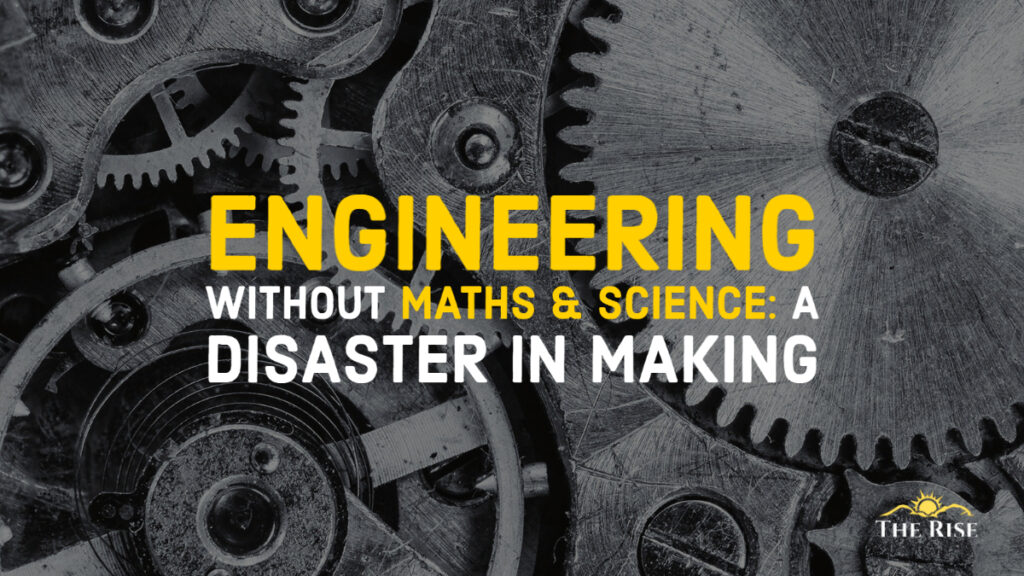



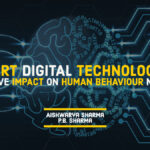


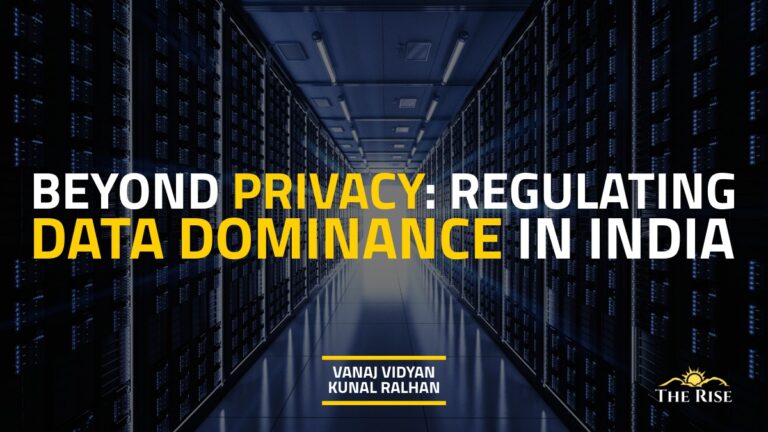
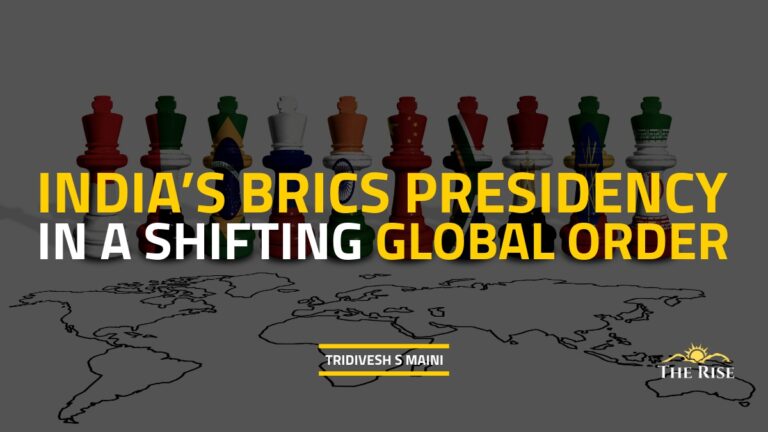

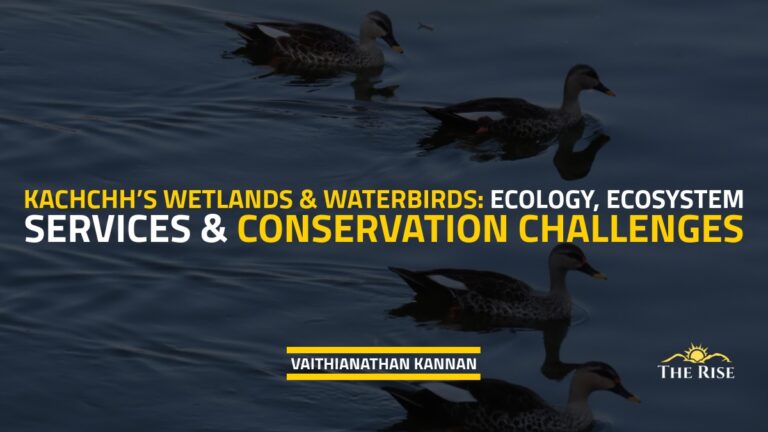
I completely agree with the respected author. Integration of interdisciplinary research and creating a good teaching-learning environment. in india is truly the need of the hour, as it is only through this avenue that we will be able to create and implement new technologies to solve the novel problems facing the upcoming generation. When students and teachers are able to perform their duties freely, only then will they be encouraged to pursue their ambitions in higher studies and only then will they be properly equipped to face the challenges of coronavirus, the water and energy crisis and many more.
Fully endorse your view. On account of the desired Graduate Attributes and Programme Outcomes of the UG engineering degrees, the proclaimed flexibility for admitting the students devoid of physics and mathematics knowledge is paradoxical. – Prof. Onkar Singh
I tend to disagree.
Not that we haven’t implemented and enforced our policies thus far. But, look where we stand. If change is being feared then how can we ‘search for new knowledge’. Isn’t research much about that. The NEP envisages that change. AICTE has made an enabling provisions- but not issued it as a diktat. Is that not a welcome step. Quite rightly, it is for those academic ‘leaders’ who tend to think out of the box to take it as an opportunity and bring out a change- an out of box change in educational system of India. After all, Nalanda was not great because it had best teachers. My best guess is, it was great because it had the men who could think about changes and had the courage to accept it. Nonetheless, the provisions does take care of backward compatibility- for those who would want to tow their boats. To that extent, the educational reforms should be welcomed and not debunked with trepidation and forebodings. Why fear the change in system when ‘Education’ is means for it.
Pingback: Mathematics Physics Chemistry Biology are Important - TheRise.co.in
Surely change should be welcome but change for Good and not the change for Disaster. Whether the change is for good or not must be rationally examined. We already have utterly poor employability in great many colleges in the country. Would the admissions in engineering without Science and Mathematics make it better ?.
Engineering is becoming a less preferred option by the brights at a time when engineering and technology advancements require the best brains of science and engineering to pursue engineering education, research and innovations in a country like ours that at last is showing signs of Innovativeness. Rather than arranging the best brains in Science and Mathematics we are opening the flood gates to any one and every one in the name of liberalism. How justified it is?
Surely the change agents have to be lot more careful in proposing their recipes and these must be based on validated models and situations.
No policy without a deeper understanding the ground realities would succeed in making the change for good.
A thoughtful analysis of the consequences of diluting the admission standard to Technical degree and its potential impacts. I agree with. Dr. Sharma that mathematics and science should not be omitted.